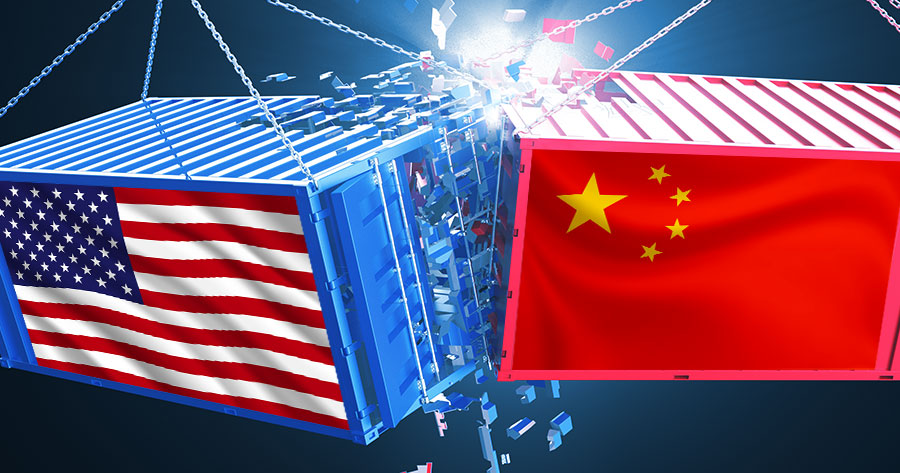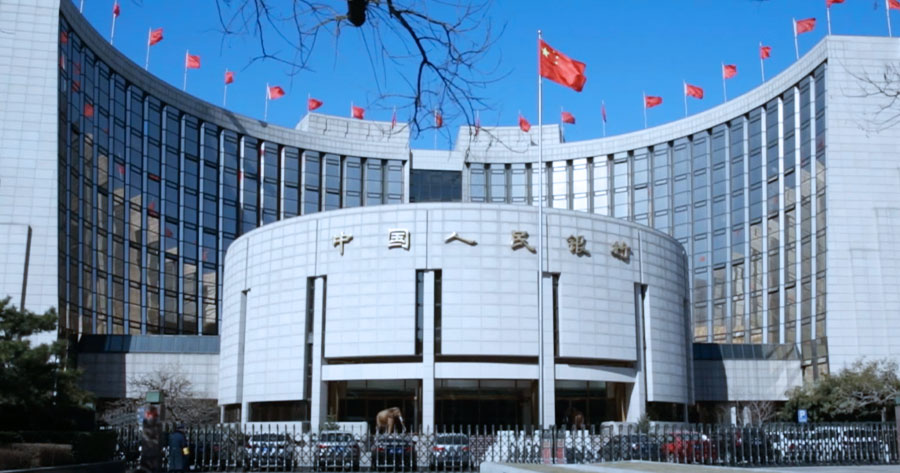A coalition of 173 American trade associations operating under the “American For Free Trade” banner has urged the Biden administration to extend the public comment period by an extra month, effectively pushing back the scheduled initiation of steeper tariffs on Chinese imports of electric vehicles, batteries, solar products, and other goods from August 1st.
In a letter addressed to the U.S. Trade Representative’s Office, the group argued that extending the public comment period until July 28th would be in the public’s interest.
Additionally, the coalition, which includes manufacturers, retailers, technology firms, agribusiness groups, energy companies, and transport firms, also proposed holding a public hearing on the matter, akin to the processes conducted in 2017 and 2018 for previous tariff implementations.
As for last month, President Joe Biden had announced tariff increases with the aim of safeguarding U.S. manufacturers in critical sectors against China’s surplus industrial capacity flooding global markets. Subsequently, the USTR outlined a brief, 30-day public comment window, with plans to quadruple duties on Chinese electric vehicles to over 100% and double semiconductor duties to 50%, set to take effect on August 1st.
This development came after another policy group spearheaded by the United Steelworkers union and domestic manufacturing companies advocated for even more stringent trade barriers on Chinese imports.
The Alliance for American Manufacturing suggested reinstating a lapsed legal mechanism to counter sudden influxes of Chinese imports, a measure originally put in place when China joined the World Trade Organization in 2001.
Notable signatories of the letter included industry bodies such as the Semiconductor Industry Association, the Information Technology Industry Council, the American Chemistry Council, the Beer Institute, the National Retail Federation, the Halloween and Costume Association, and the American Trucking Association. While auto and truck parts associations signed the letter, trade groups representing auto and electric vehicle manufacturers were notably absent.
In their letter, the signatories, many of whom utilize and retail products imported from China, emphasized that their operations support tens of millions of American jobs through extensive supply chains.





